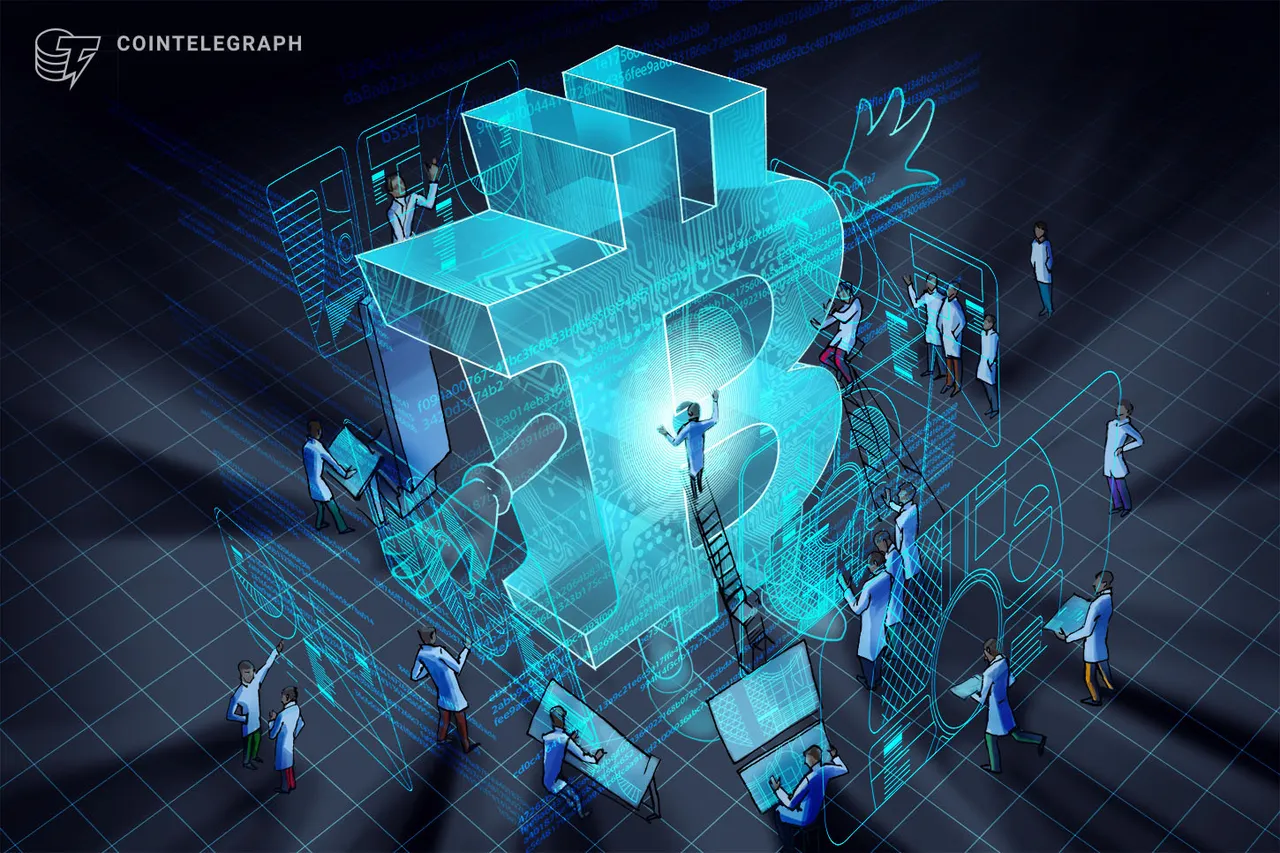
Full Disclosure: I have very limited knowledge on how the lightning network itself works, this content focuses largely on Bitcoin network-side influences.
Bitcoin maxis envision a time where the lightning network enables vast use of bitcoin as a medium of exchange or trade.
The only problem?
Bitcoin makes the rules, not maxis or lightning operators, unless either of these persons will opt to run their own bitcoin nodes.
The problem with that?
It would make no sense running a bitcoin node and a lightning node.
If you're running the Bitcoin node in order to self-settle your lightning transactions, the cost at the Bitcoin end would make it unprofitable and of financial risks.
The only thing the lightning network fixes is confirmation time for bitcoin transactions, it delivers faster settlements with its layer 2 but it's role in curtailing fees is quite temporary and we'd explore why below.
Mass Adoption Of Lightning Is Bad Business For Miners
The lightning network drastically reduces the cost of processing transactions on the Bitcoin network.
It would currently cost about $26 to move bitcoin from Binance to any other wallet with an average arrival time of 60 mins.
Yikes, that's just crazy.
That said, if you opt to use lightning, you'd only pay about $0.042, that's like paying only 0.162% of the current fee miners are charging.
So, in essence, that's a 99.838% revenue attack on miners. So miners should have lost about $171,600,000 in revenue by my calculations looking at the reported data of 6.6 million transactions being routed through the lightning network in August 2023.
Well would you look at this, reports on financemagnates.com highlights that miners revenue dropped by just under $170 million during this period, so it's safe to say the lightning played a role here.
Notwithstanding, miners do not appear to be worried because block rewards are still quite a handful and transaction fees still add up a ton, but for how long?
I believe that really depends on the adoption rate of the lightning network. If this shit gains mass adoption, bitcoin miners stand to lose out on some huge revenue but at the same time, it's really still crazy to think that this will work.
Bitcoin has a small block size of 1MB, this limits the number of transactions that can fit into a block.
Now, I made ChatGPT run a couple of numbers and estimate how many bitcoin transactions would need to be settled if about 6 million transactions were routed through the lightning network.
With totally rough estimates adopting various assumptions like number of off-chain transactions each channel would conduct before settling on-chain, the AI came to the conclusion that about 1.2 million bitcoin transactions would need to be settled at the end of the day.
Now, if we take a little trip down memory lane and recall how many transactions Visa can reportedly handle every 10 mins, we'd get this figure: 39,000,000.
With Bitcoin's block size being 1MB and block time being 10 mins on average, it would take more than 4 days to settle 1.2 million transactions on the Bitcoin network.
Now, let's assume that the lightning hits mass adoption and is handling up to 39 million transactions every 10 minutes, how many days would it take to settle?
More than 27 days! For just 10 mins of transactions on the lightning network. Now what of a full day transaction count on the lightning network with 39M averaging every 10 mins?
That's like 3,412+ days needed for the bitcoin network to settle these transactions.
Will bitcoin block size be increased and block discovery time reduced to handle these volumes?
If no,
This would quite simply mean that the mempool will have millions of transactions pending for months and fees would insanely skyrocket regardless of if you were using the lightning network, you'd have to pay high or else your transaction really never gets confirmed and that introduces a flaw in the system.
Not very trade friendly there.
Of course, these numbers may seem overstated to the average person but we ought to understand that at the end of the day, the Bitcoin network sets the rules, so unless users want their transactions confirmed, fees that will cover miner's cost for offering their services will have to be paid.
And overtime, the lightning network might just lead to a populated mempool.
I would really like an expert to look into this and tell me if this is actually a possible reality or I'm missing something.
But until then, the lightning network is a very temporary and limited fix by my analysis.
The only way bitcoin can avoid all this is by simply ensuring the world doesn't try to make it a medium of exchange and maybe just leave it as a boring and highly priced asset.
But that still begs the question of how much of an effect that will have on miners. If some miners back off, the network simply becomes centralized.
Not a great picture there.